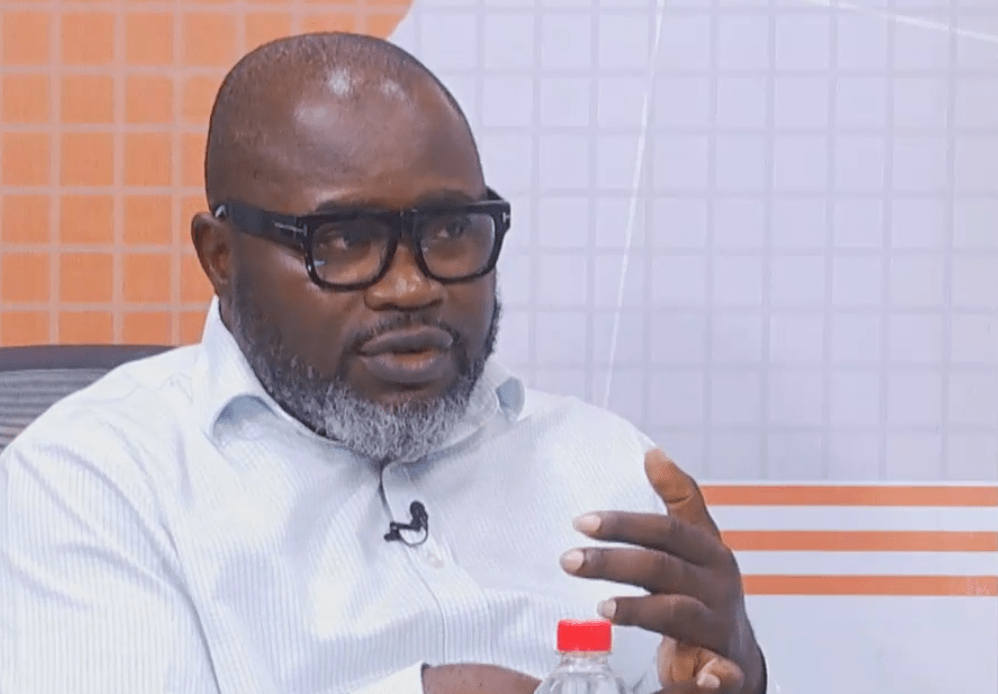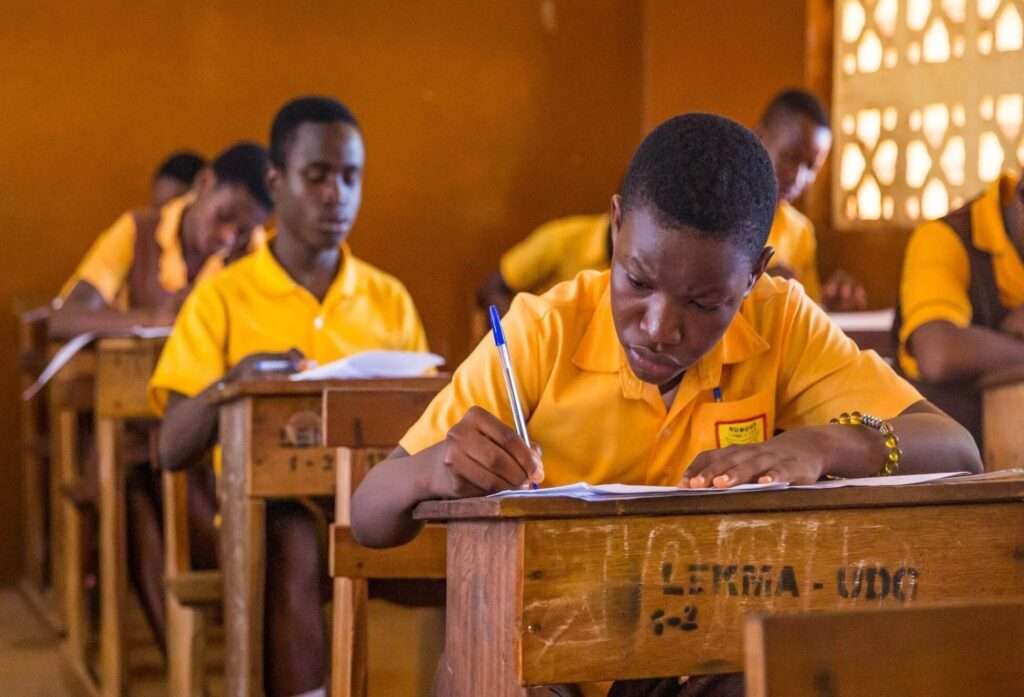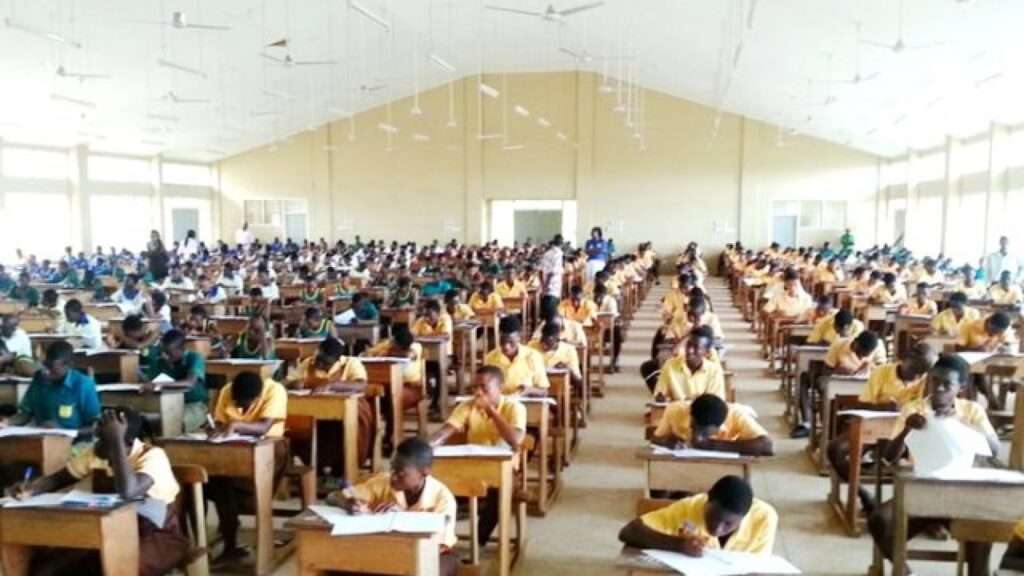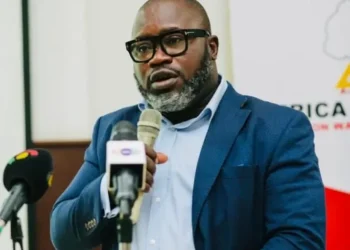Ghana’s 2025 preliminary BECE placement data has revealed a record-breaking surge in candidates, highlighting both progress and new challenges for the nation’s education system.
According to Kofi Asare, Executive Director of Eduwatch Africa, the data reflects a significant milestone for basic education completion while also signaling a growing strain on infrastructure and placement capacity.
Asare’s analysis shows that the total number of candidates who sat for the Basic Education Certificate Examination (BECE) reached 603,328, marking the highest figure recorded in the past four years.
This represents a 7.1% increase compared to 2024 and suggests either a larger graduating cohort of Junior High School (JHS) students or an increase in JHS 2 students sitting for the exam.
This unprecedented rise underscores Ghana’s commitment to expanding access to basic education but also raises pressing questions about how the country’s placement system can keep pace with growing demand.
“High but Slightly Weaker Qualification Rate: The number qualified for placement was 590,309 (97.8 %), nearly universal but still below the 98.4 % peak of 2022. The marginal drop points to persistent gaps in exam readiness despite overall system stability.”
Kofi Asare

At the same time, the number of disqualified candidates rose sharply to 13,019, matching the 2.2% high seen in 2023 and marking a clear increase from 2024’s 1.8% rate.
According to Asare, this rise could be attributed to stricter measures to detect examination malpractice as well as continuing weaknesses in core subjects like Mathematics and English.
These factors highlight the urgent need for targeted interventions to better prepare students and safeguard the integrity of the examination process.
Auto-Placement Reaches Plateau Despite BECE Placement Highs
The report also points to stagnation in automatic school placements. In 2025, 483,800 students—representing 80.2% of qualified candidates—were automatically placed into schools.
This percentage aligns with the two-year average recorded in 2023 and 2024 but falls slightly below 2023’s 81.56% and 2024’s 80.9%. While the figures are still higher than the 68.1% recorded in 2022, they reveal a plateau in auto-placement rates.
This means that nearly 106,500 qualified students still require manual placement, a clear sign that the system has not fully kept pace with candidate growth and the increasingly diverse choices made by students and their families.

Asare emphasized that this trend points to underlying challenges in both school capacity and programme diversity, which must be addressed to ensure equitable access to quality education for all.
Looking ahead, Asare outlined several key implications of the 2025 data for policymakers, educators, and families.
“A record high candidate numbers with only a modest rise in auto-placements signal that school infrastructure and programme diversity need expansion.
“Higher disqualification rates highlight the importance of continued vigilance on examination integrity and improvement in candidates’ exam preparation, especially in the core subjects.”
Kofi Asare
Asare also stressed the need to refine Ghana’s school placement algorithm and broaden awareness about school-choice options.
These efforts could help lift auto-placement rates above the current 80% ceiling, ensuring more students are smoothly placed without the need for time-consuming manual interventions.
The Biggest Placement Year Yet
Kofi Asare further described the 2025 BECE placement cycle as both the largest and most challenging in Ghana’s history, a testament to the nation’s success in promoting basic education completion.

The figures, he said, reflect a positive transition trend from basic to secondary education, showing that more Ghanaian children are staying in school and advancing to higher levels.
However, this progress comes with challenges. Without systemic scaling of access opportunities, the placement system risks being overwhelmed.
Continuous investment in infrastructure, staffing, and technological improvements will be crucial to keeping pace with growing candidate volumes.
Asare concluded that while the 2025 figures are a cause for celebration, they are also a wake-up call.
Policymakers must act swiftly to ensure that every qualified student has access to a placement, preserving the promise of free and universal education for future generations.
READ ALSO: Foreign Investors Drive Explosive Bond Rally as Trades Hit GH¢3.47bn























